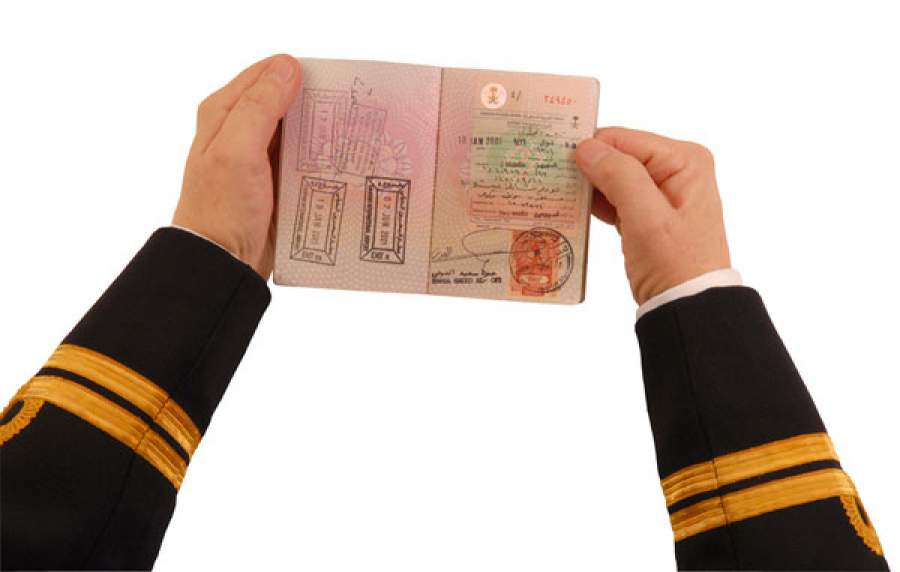The Basic Bureaucratic Hurdles
Visas: A recruiting agency can help with obtaining a work visa, which is required for entry in most countries. Start the process early at the embassy or consulate in your area. If you plan to travel outside the country, make sure the visa allows multiple re-entries.
Permits and registrations: Depending on the length of your work contract, you may need a residence permit and, in some cases, a type of identification for foreigners, such as a registration card. Some municipalities will also register your place of residence. Check with the embassy or consulate.
Health insurance: If you’re not getting health insurance through your employer overseas, shop around before you leave. Travel health insurance (which you can purchase only before departure) can sometimes be cheaper or offer better coverage than insurance bought in the country where you’ll be working.
Bank accounts: Having a local bank account and ATM card can result in huge savings on currency exchanges and fees. Look for banks that cater to expats in major cities; not only are their rules for opening an account more flexible, they’re also more likely to offer services in English.
Taxes: Expect to see deductions for local income tax on your paycheque and to file a return at year’s end. Before departure, check with your national revenue agency if you need to pay taxes on income earned abroad. In all cases, file on time to avoid penalties.
7 Insider Tips for Paperwork Success
-
Remember to set aside a budget for paying various administrative fees.
-
Avoid delays by making sure your documents meet all specifications before you submit applications for visas and permits.
-
Keep multiple or electronic copies of identity documents and visas, and always ask authorities to return any originals.
-
Avoid peak times at administrative offices, and expect some places to stop accepting new arrivals a few hours before closing time.
-
Ask local colleagues, friends or the embassy or consulate of your home country for help with understanding laws and regulations.
-
Ask for help with translation too, if you don’t speak the language.
-
Be polite. Dealing with bureaucracy is part of the expat experience, and no one—not even an overworked bureaucrat—will turn away from a smile.
About the author: After earning university degrees in international relations, Geraldine Wong Sak Hoi spent four years working as a refugee policy analyst in Geneva and Brussels. She’s now a Toronto-based freelance writer and copyeditor who makes chocolate-hoarding trips to Switzerland every chance she gets.
